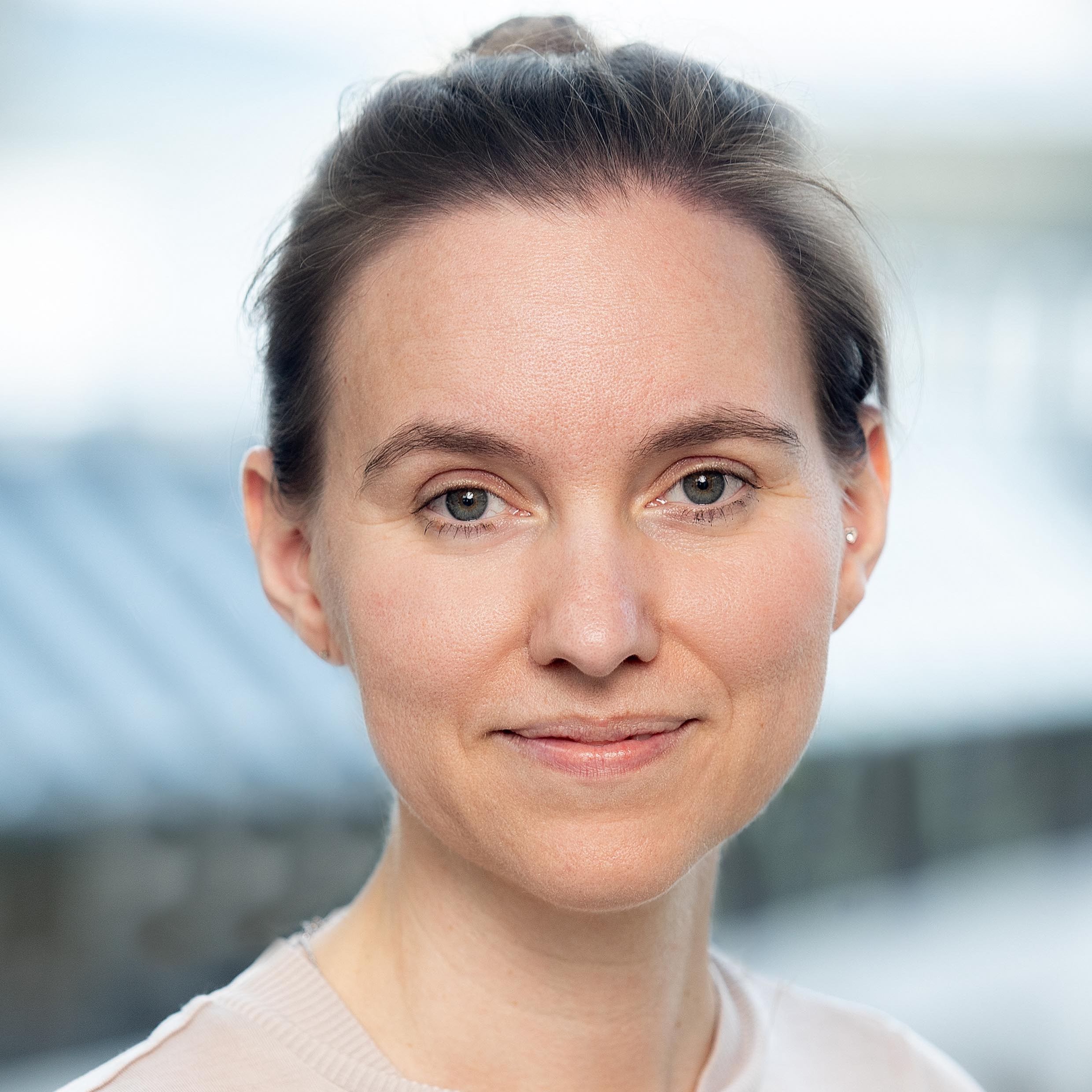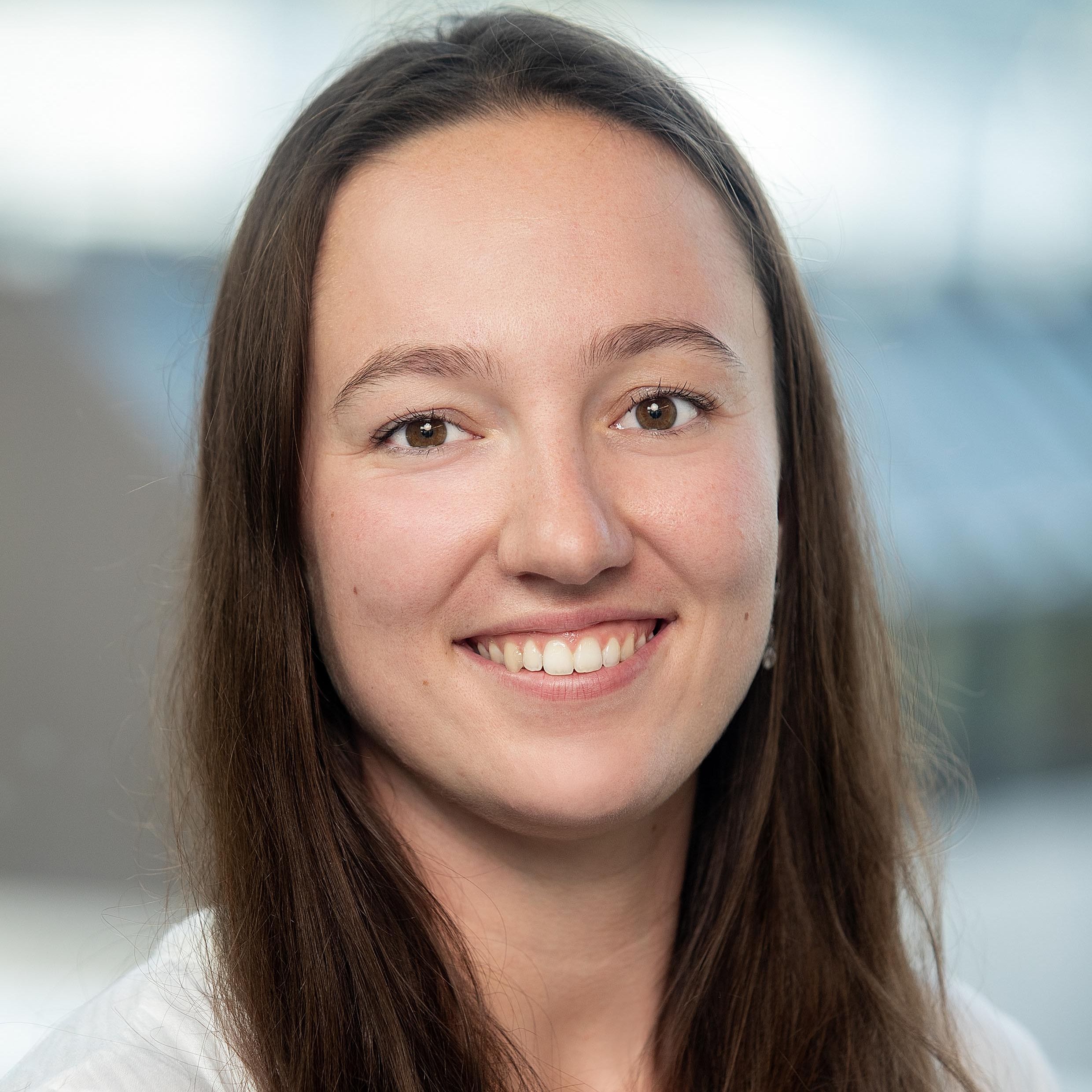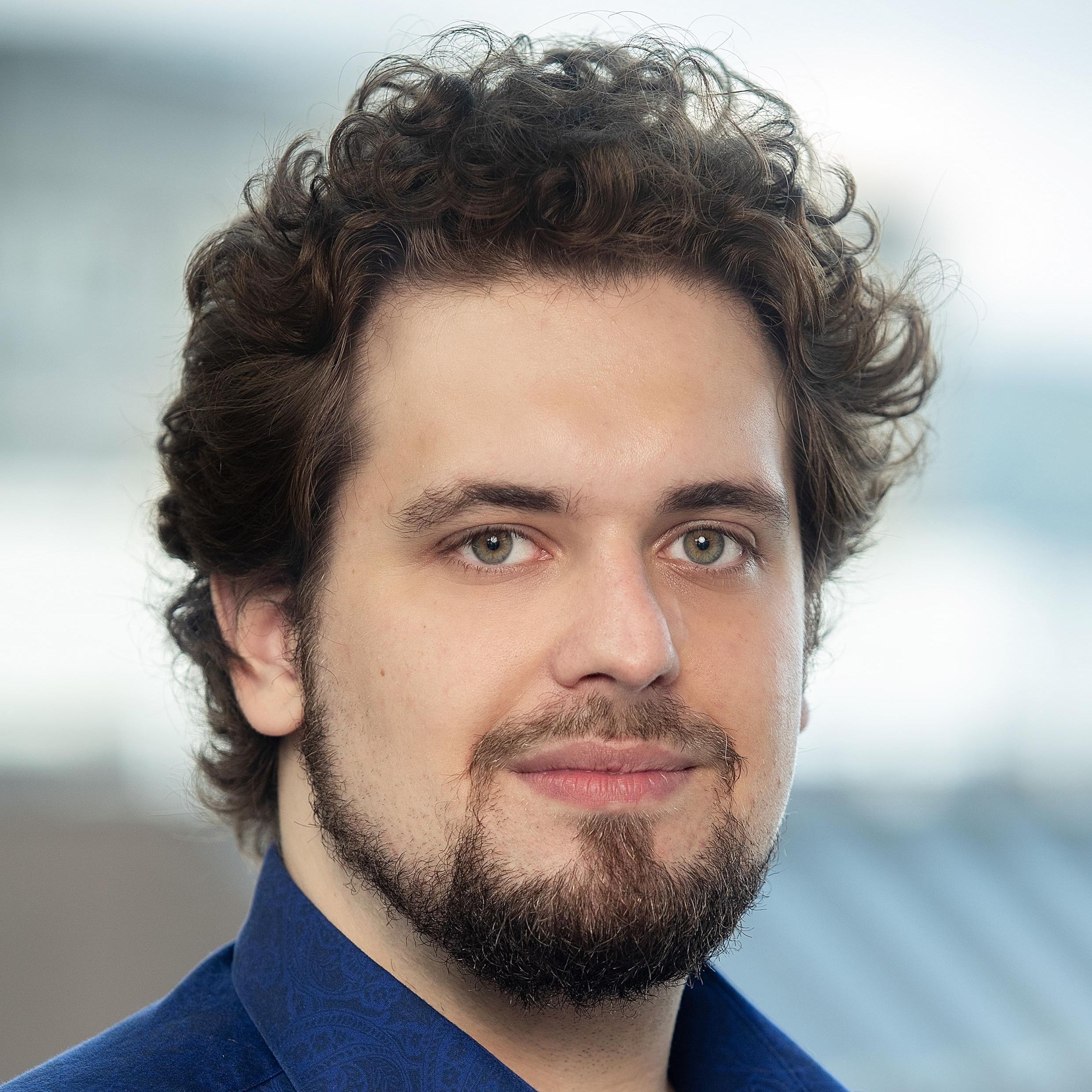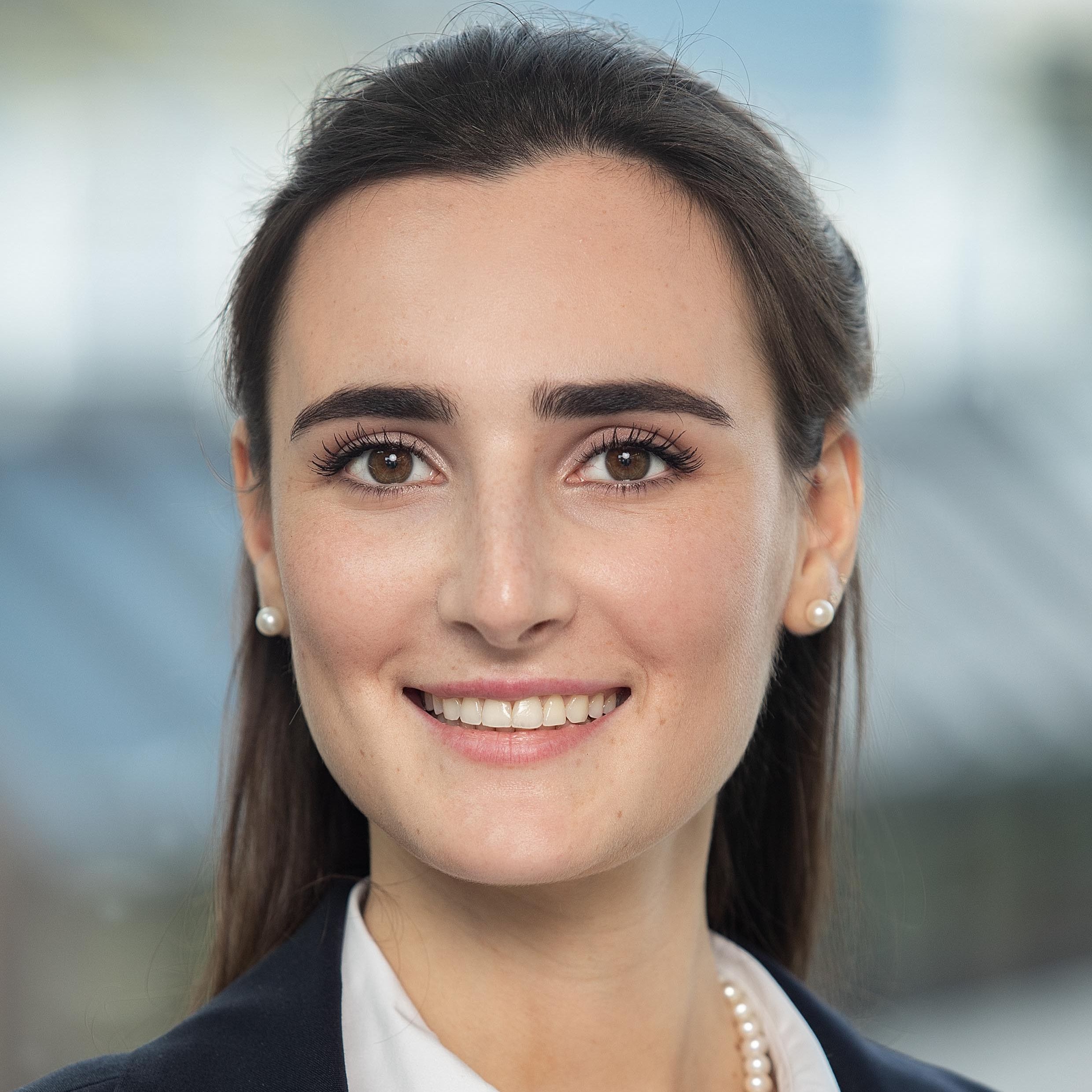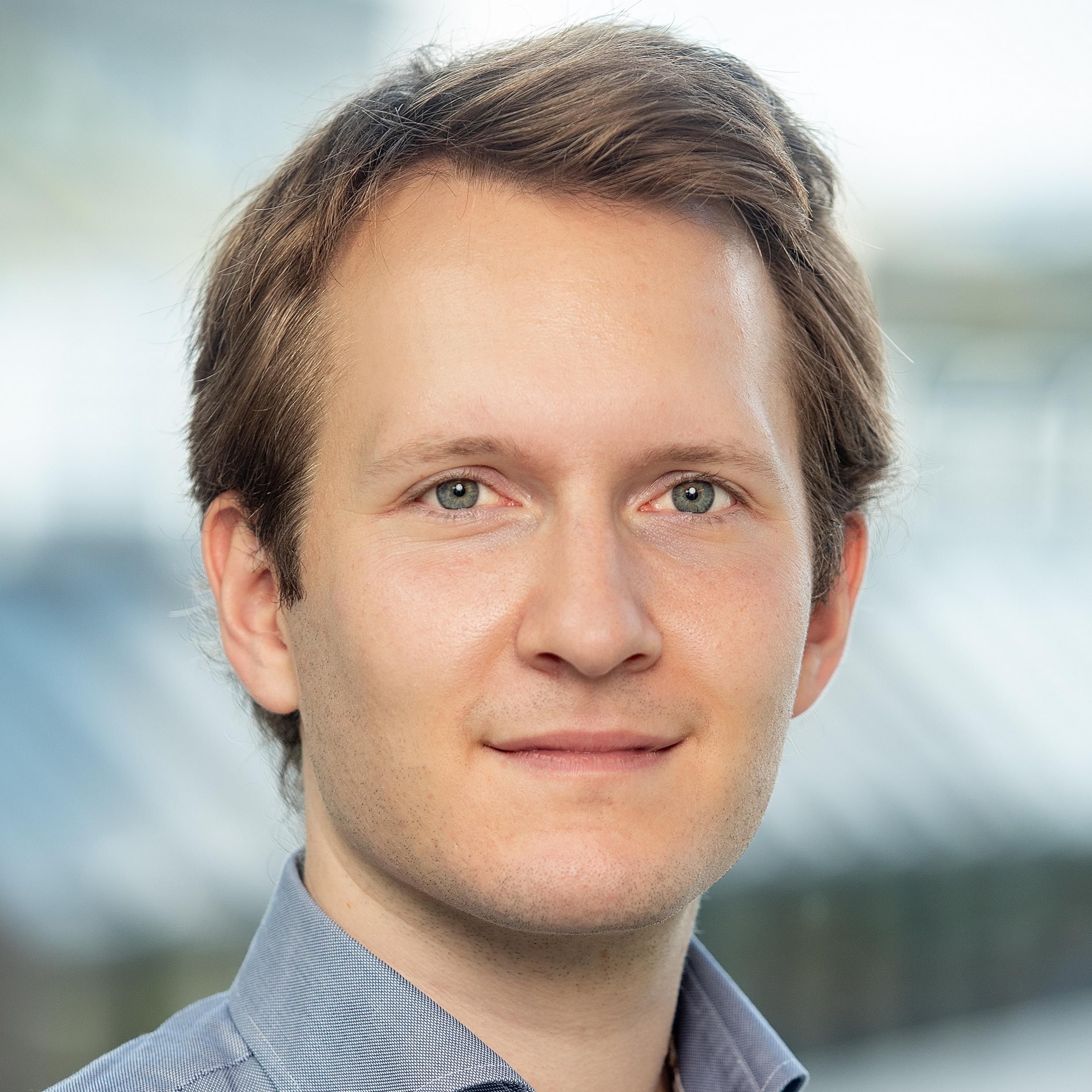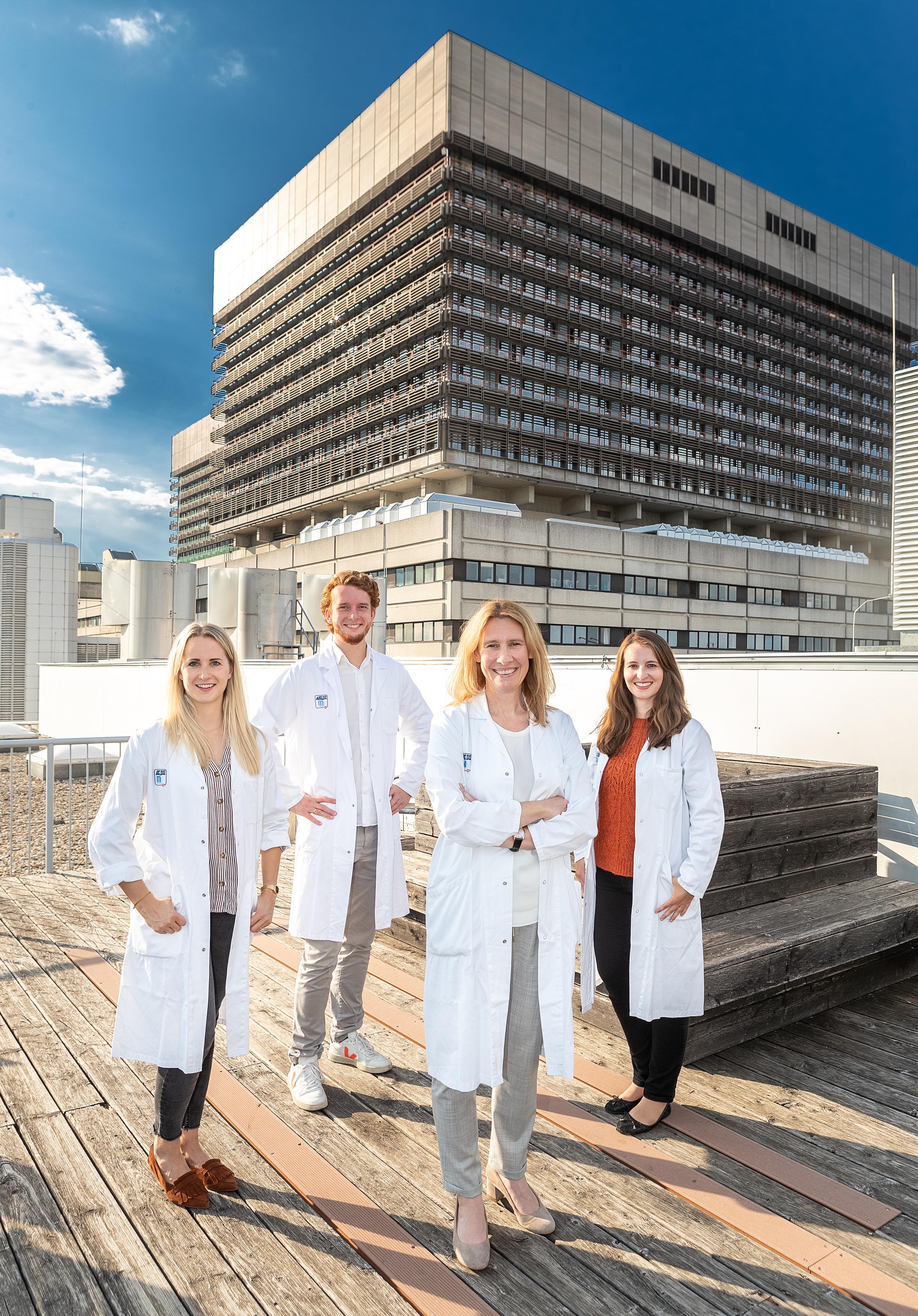Research Groups and Laboratories including Biobank

Research Group Amberg
Brain development, pediatric brain tumors
Mag.arer.nat. Nicole Amberg, BSc PhD
nicole.amberg@meduniwien.ac.at
Research Focus:
- The brain harbors an extraordinary degree of neuronal and glial cell-type diversity. Recent studies show that the brain consist of more than 3,300 different cell types. The research group is interested in how a brain of correct size and cell composition is being generated.
- The basis for the brain’s impressive cell-type diversity is laid during embryonic and fetal development and arises through particular cell division and differentiation patterns of neural stem cells. The complex spatiotemporal coordination of neuron and glial cell production is highly vulnerable to intrinsic and external disruptions, such as hereditary or de novo germline mutations, somatic mutations, maternal malnutrition, and maternal exposure to viruses or toxins.
- Thus, the research group focuses on dissecting the cell-autonomous and non-cell-autonomous mechanisms of brain development in health and disease. The lab covers a broad range of diseases, such as pediatric brain tumors arising through tumor predisposition syndromes or developmental malformations like hemimegalencephaly or rhomboencephalosynapsis.
Methods:
The lab employs patient-derived iPSCs, 3D cell culture models, mouse models, as well as fetal tissue from the Medical University’s neurobiobank. We perform state-of-the-art genetics and imaging techniques as well as various single-cell approaches to assess neural stem cell lineage progression on multiple levels.
Furthermore, the lab is highly enthusiastic to develop or participate in diversity, equity and inclusion activities as well as science education and outreach.
Learn more: https://www.nicoleamberg.com/
Keywords:
- stem cells, developmental disorders, brain development, tumor predisposition syndromes, Polycomb, single-cell, cortex, cerebellum, brainstem
Selected third party funds/ongoing projects:
- Sommer 2024 FFG Talentesommer
- 05/2024 – 04/2027 FWF Elise Richter Fellowship V1041
- 06/2023 – 05/2026 Fellinger Krebsforschung Förderung
- Sommer 2023 FFG Summer Talents
- 12/2018 – 11/2021 FWF Hertha Firnberg Fellowship T1031
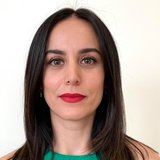
Research Group Fetahu
Pediatric and adult cancers, tumor microenvironment, epigenomics, neurodegeneration, stem cell-derived models
Irfete Fetahu, MPharm, MBA, PhD
irfete.fetahu@meduniwien.ac.at
Research Focus:
We seek to better understand the epigenetic mechanisms involved in pediatric and adult malignancies by combining an array of high-throughput wet-lab experimental approaches with computational methods. The resulting information is subsequently harnessed to define diagnostic and druggable targets in patients.
We employ state-of-the-art technologies that allow for mapping and deciphering of the changes in DNA methylation, chromatin accessibility, transcriptome, and proteome to investigate:
- Crosstalk between genetic and epigenetic components in normal and diseased cells.
- Epigenetic heterogeneity and the resulting cellular plasticity in aiding drug development and generating new treatment avenues.
- Use of epigenetic biomarkers for disease diagnosis and ‘real-time’ disease monitoring.
Key words:
Pediatric and adult cancers, tumor microenvironment, epigenomics, neurodegeneration, stem cell-derived models, liquid biopsy-based epigenetic markers, single cell technologies, bioinformatics
Funding:
Decoding the epigenome and its regulation in neuroblastoma
FWF Österreichischer Wissenschaftsfonds – Einzelprojekte (P35072)
Laufzeit: 01/12/2021 - 31/01/2025
Role: Principal Investigator
Links:

Research Group Gelpi
Neurodegenerative diseases including prions, neuropathology, epilepsy pathology
Priv.-Doz.in Dr.in Ellen Gelpi-Mantius, PhD
ellen.gelpimantius@meduniwien.ac.at
- Dr.inmed.univ. Sigrid Klotz
sigrid.klotz@meduniwien.ac.at - Dr.inmed.univ. Valérie Anne Quinot
valerie.quinot@meduniwien.ac.at
Contact Lab:
Priv.-Doz. Dr. Günther Regelsberger
guenther.regelsberger@meduniwien.ac.at
Contact Genetics:
Univ.-Prof. Dr. Thomas Ströbel
thomas.stroebel@meduniwien.ac.at
Research Focus:
-
Our focus is on deepening the neuropathological substrate of neurodegenerative diseases, especially the detection of early tissue changes at the cellular level, propagation of the pathology and molecular basis of neurodegeneration; We support the development of biomarkers.
-
Austrian Reference Center for the Recording and Documentation of Human Prion Diseases (ÖRPE): On behalf of the Federal Ministry of Social Affairs, Health, Care and Consumer Protection.
Methods:
- Neuropathology: Conventional histological stains, immunohistochemistry, electron microscopy, immunofluorescence/confocal microscopy; molecular biological including genetic studies; Neurochemistry: ELISA, RTQuIC.
Keywords:
- neurodegenerative diseases; neuropathology; prion disorders; RTQuIC; tau; synuclein; TDP-43; FUS
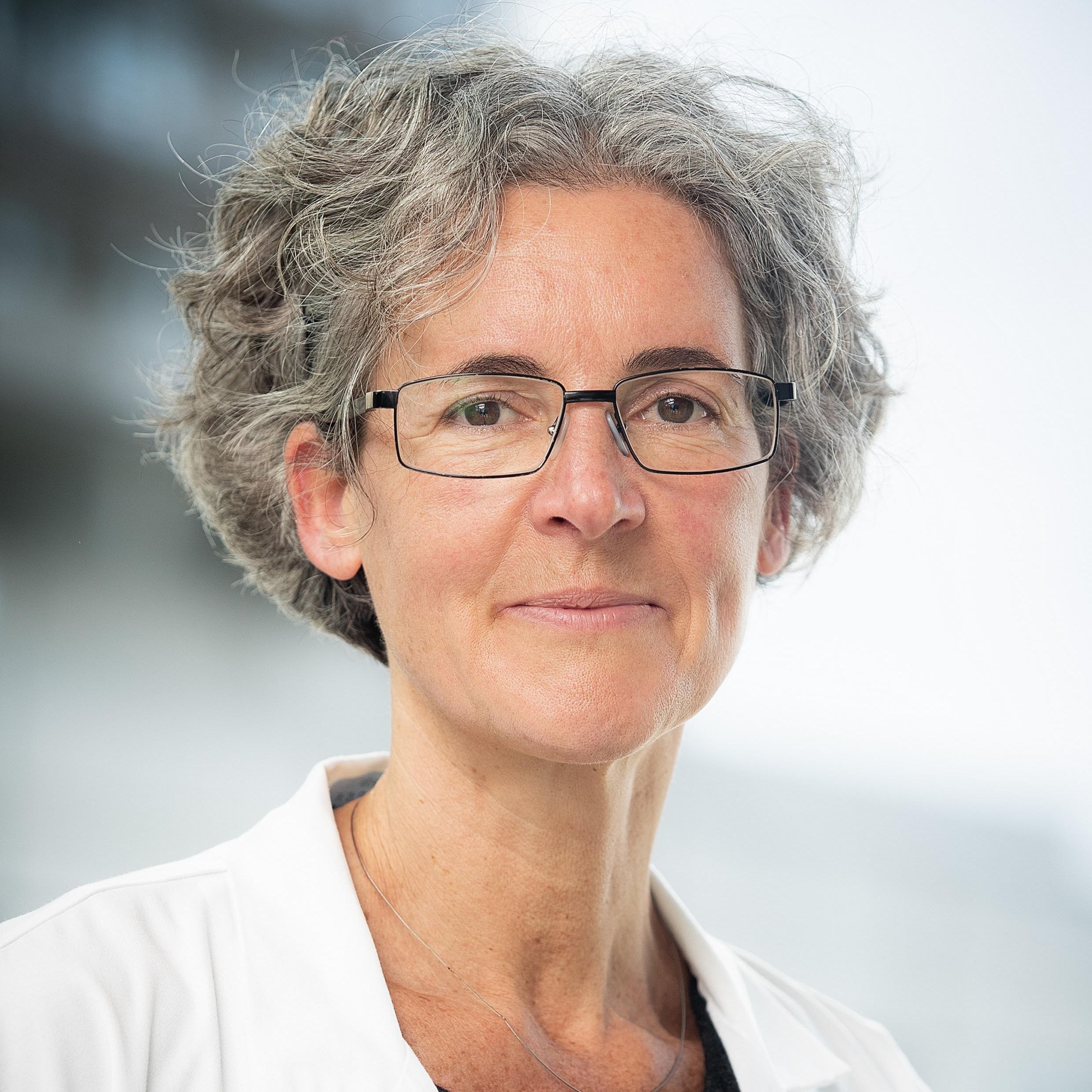
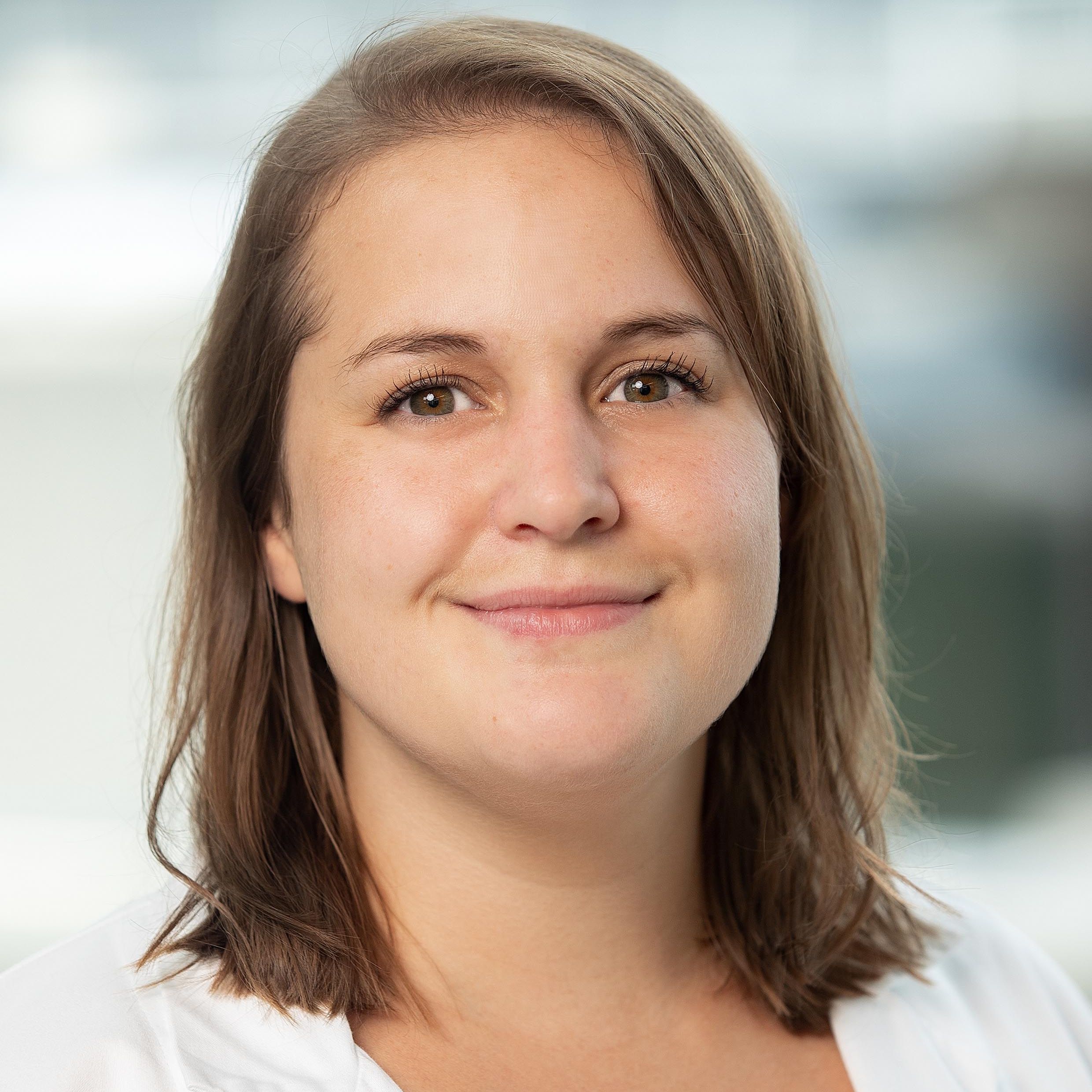


Research Group Haberler
Pediatric brain tumors, CNS malformations, epilepsy-pathology
Univ.-Prof.in Dr.in Christine Haberler
christine.haberler@meduniwien.ac.at
Research Focus:
-
The brain is the most fascinating and ingenious gift we have received.
- We are interested in brain diseases of fetuses, children and adolescents, and study tumours and neurodevelopmental disorders/developmental neuropathologies.
- Pediatric brain tumours are the most common solid tumours and the most common cause of cancer death in childhood. Our research focuses on molecular diagnostic and prognostic markers of pediatric brain tumours. We are particularly interested in the tumour microenvironment and brain development and their role in tumour origin.
- Developmental malformations of the brain comprise a wide range of different disorders. We correlate pre- and postnatal MRI images with morphological phenotypes and genetic alterations for a better understanding of these disabling diseases.
Alumni:
-
Asuka Araki
-
Bernadette Becsi
-
Johannes Gojo
-
Sabine Kaindl
-
Dominik Kirchhofer
-
Philippe Muller
-
Harald Stefanits
-
Anna Walter
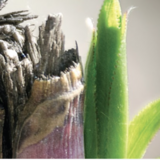
J. Hainfellner

Research Group Hametner
Neuropathology of multiple sclerosis, iron metabolism, post-mortem imaging of MS
Dr. med.univ. Simon Hametner, PhD
simon.hametner@meduniwien.ac.at
Research Focus:
-
Our focus is on neuropathology and post-mortem imaging of multiple sclerosis (MS). Here we focus in particular on iron as a magnetic resonance (MR) imaging marker and its pathogenetic relevance in MS. We are also involved in various national and international collaborations regarding MS and other demyelinating-degenerative diseases (X-linked adrenoleukodystrophy, progressive multifocal leukoencephalopathy). The aim of our work is to translate neuropathological observations via MR imaging into the clinic (diagnosis, prognosis).
Methods:
- Histochemistry, immunohistochemistry, large area sections, post-mortem MRI imaging, biochemical iron quantification in tissue, current methods of molecular pathology.
Funding:
- International Progressive MS Alliance PA-2002-36405 – "Multimodal decoding of CD163 immune cell function in progressive MS" (PI) – 2021–2022
- National Institutes of Health R01NS114227 – "Nucleus-specific decline in thalamic iron with disease progression in multiple sclerosis" (Subaward recipient) – 2021–2025

Research Group Höftberger
Neuroimmunology, neuropathology
Univ.-Prof.in Priv.-Doz.in Dr.in Romana Höftberger
romana.hoeftberger@meduniwien.ac.at
PhD Students:
- Dr.inmed.univ. Desiree De Simoni
- Dr.med.univ. Michael Winklehner
- Dr.inmed.univ. Sarah Glatter
- Dr.med.univ. Raphael Reinecke
- Sophie Nitsch, MSc
- Dr.inmed.univ. Valérie Anne Quinot
Alumni (PhD):
- Dr.med.univ. Markus Breu, PhD
- Dr.inscient.med. Gerda Ricken
- Dr.inscient.med. Carmen Haider, MSc
- Dr.inscient.med. Verena Endmayr, MSc
Alumni (Human medicine diploma thesis):
- Dr.inmed.univ. Stephanie Fink
- Dr.inmed.univ. Julia Lang (2017)
- Dr.med.univ. David Mikocki
- Dr.inmed.univ. Valérie Anne Quinot (2021)
- Sophie Oberndorfer, MSc
Alumni (master thesis):
- Theresa Kreiner, MSc (2021)
- Alexandra Lang, MSc (2018)
- Valerie Pichler, MSc (2016)
- Vera Wallner, MSc (2021)
Research Focus:
- Our focus is on neuroimmunology and neuropathology with a focus on autoimmune diseases and trauma to the central and peripheral nervous system (e.g. autoimmune encephalitis, demyelinating CNS/PNS diseases, spinal cord injuries).
- Research into neuropathological characteristics and immunopathological mechanisms should lead to a more detailed understanding of the disease and subsequently enable better diagnosis and treatment of affected patients. Crucial processes also include the improvement and establishment of clinical and immunological markers as well as detection methods (including detection of new, as yet uncharacterized antibodies) of various anti-neuronal and anti-glial autoimmune diseases.
- Collaboration with local, national and international partners enables the interaction of basic, translational and clinical research to decipher the corresponding pathomechanisms of immune-associated tissue damage.
Methods:
- Neuropathology, histology, immunohistochemistry, immunofluorescence, light and confocal microscopy, neurochemistry, cell-based (CBA) and tissue-based (TBA) assays, immunoblot/line assays, ELISA, western blot, immunoprecipitation, cell culture including primary neuronal and glial cell cultures
Keywords:
- autoimmune encephalitis, neuropathology of antibody-mediated neurological diseases, neuroimmunology
Selected third party funds/ongoing projects:
-
2017-2021: ERA-Net Neuron JTC2016; I3334-B27
-
2018-2022: Doc-Funds FWF, DOC 33-B27
-
2019-2022: FWF, P32699-B
-
2019-2022: Wissenschaftsförderung d. Österreichische Gesellschaft f. Neurologie
-
2020-2023: FWF, I4685-B
-
2020-2023: Medizinisch-Wissenschaftlicher Fonds des Bürgermeisters der Bundeshauptstadt Wien; COV38
-
2023-2026: FWF, I6565-B
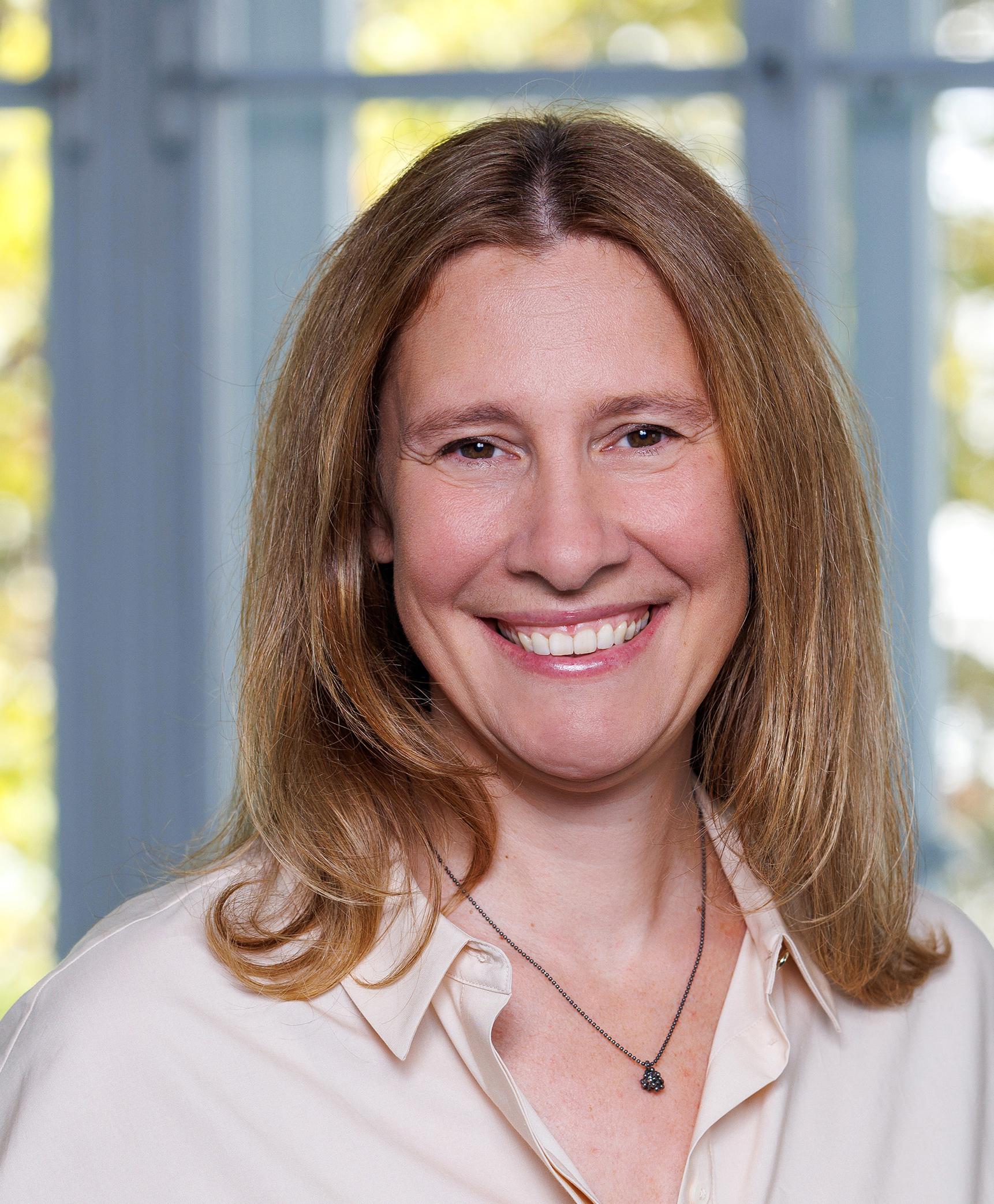
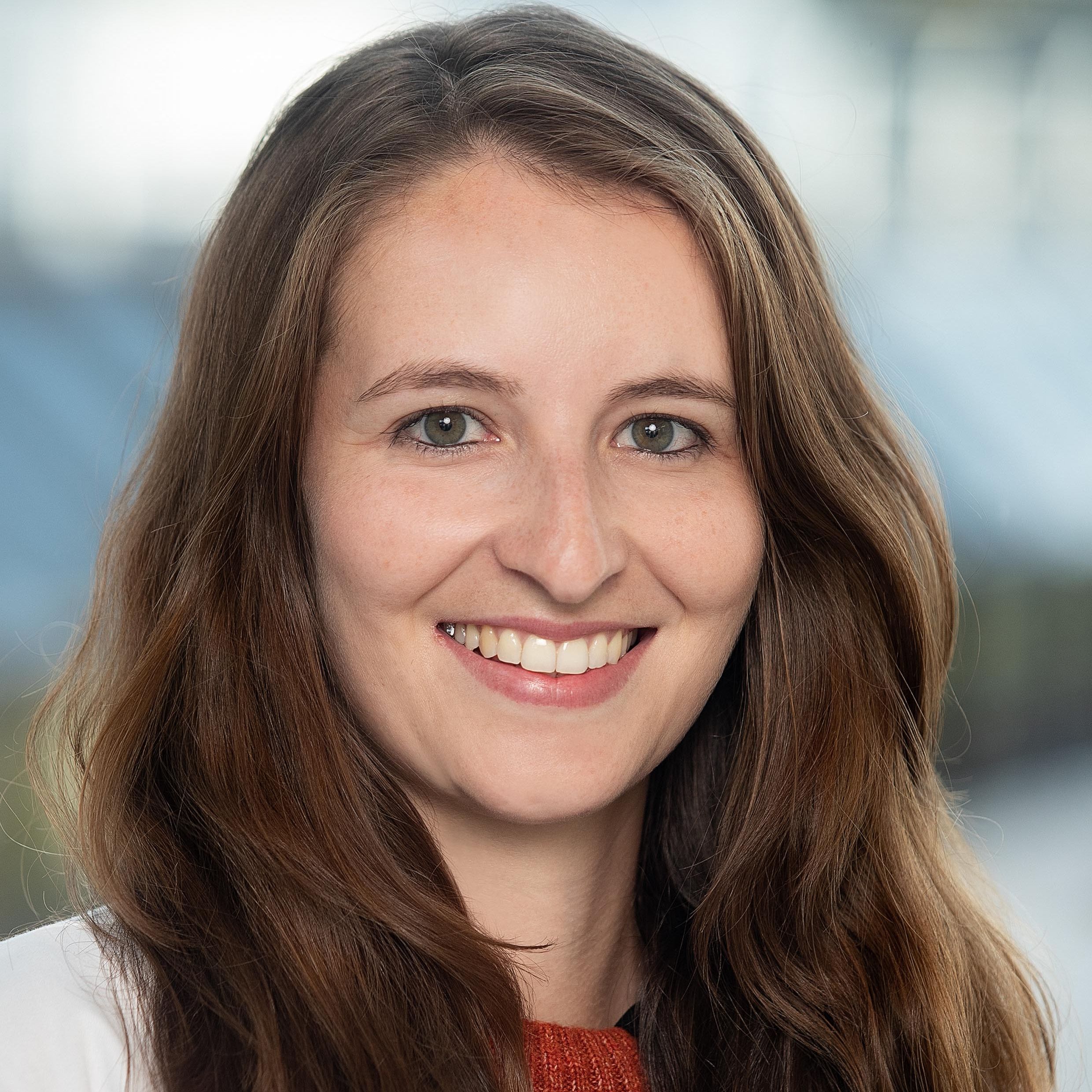
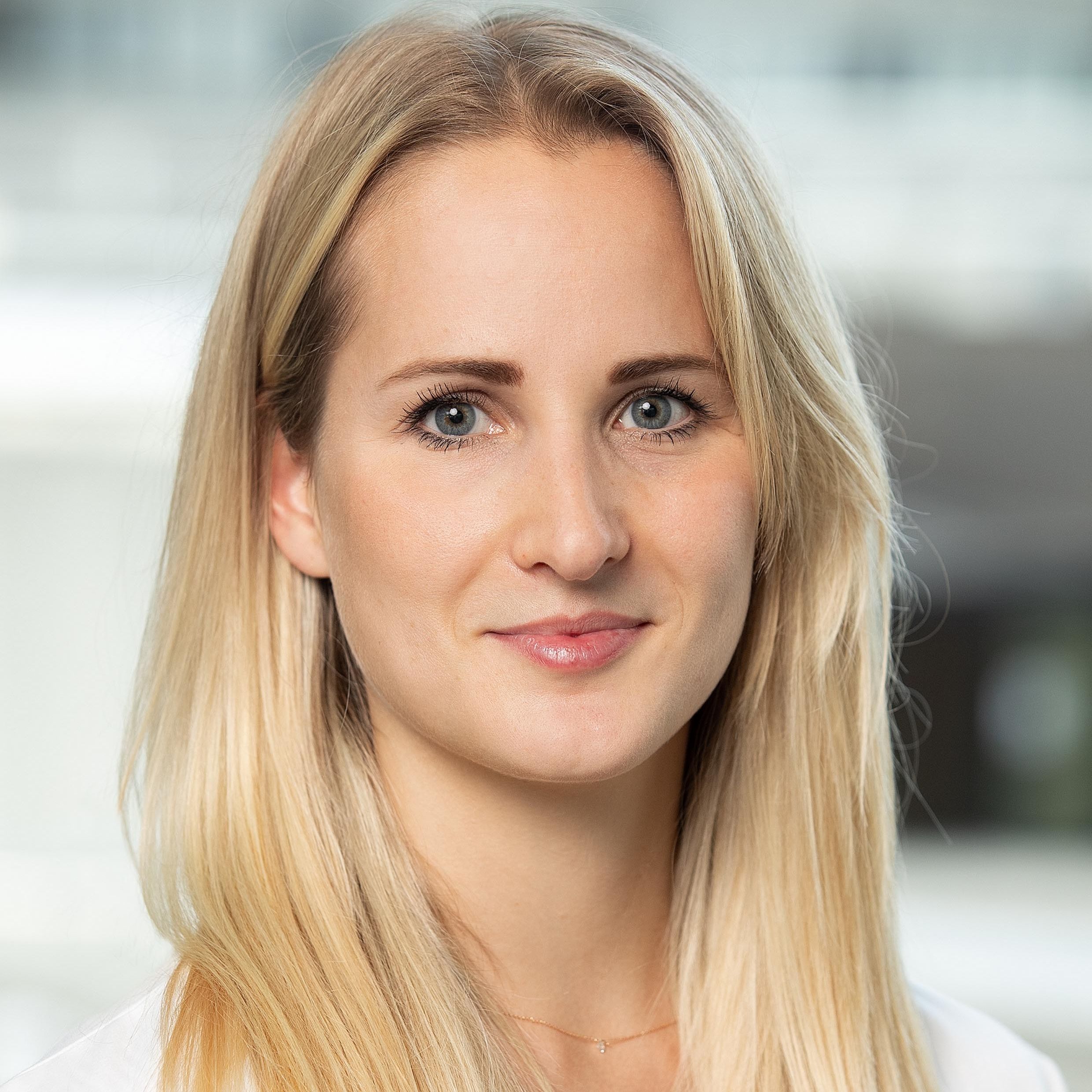


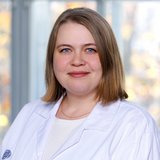
Research Group Koneczny
Myasthenia gravis, neuroimmunology, IgG4 autoimmunity
Mag.a Inga Koneczny, DPhil
inga.koneczny@meduniwien.ac.at
Research Focus:
- Inga Koneczny made groundbreaking contributions to the field of Myasthenia gravis research and IgG4 autoimmunity. During her DPhil studies at the University of Oxford with Prof. Angela Vincent, FRS FRCPath, she was the first to unravel the pathogenic mechanisms of MuSK autoantibodies as a functional block of binding between MuSK and Lrp4, and demonstrated their pathogenicity in vitro.
- In her postdoctoral work with Prof. Marc De Baets and Drs Pilar-Martinez-Martinez and Mario Losen, she was the first to discover that MuSK autoantibodies, which belong to the rare IgG4 subclass, are bispecific in vivo in the patient serum, and that bispecific autoantibodies and Fab fragments are pathogenic in vitro.
- In further projects she investigated the involvement of the thymus in Lrp4 MG, and the impact of long-term immunosuppression on IgG subclass distribution. She also contributed to reviews and wrote a book chapter for the Encyclopedia of Immunobiology.
- She was awarded three prestigious stipends from the Austrian science fund and the Austrian academy of sciences, two travel grants, one prize for the best conference poster and was invited speaker at several conferences. In 2023, as consortium coordinator, she was able to successfully obtain a large EU grant ("Doctoral Networks grant") for research into IgG4 autoimmune diseases ("IgG4-TREAT"), and is conducting research in another collaboration with Dr. Sarah Hoffmann from the Charité Berlin with seronegative myasthenia gravis ("Mya-DACH").
Keywords:
- myasthenia gravis, neuroimmunology, IgG4 autoimmunity
Links:
Research Group Regelsberger
Neurochemistry, neuroimmunology, lysosomal and peroxisomal storage diseases, neurodegeneration
Priv.-Doz. Dr. Günther Regelsberger
guenther.regelsberger@meduniwien.ac.at
Keywords:
- Neurochemistry, neuroimmunology, lysosomal and peroxisomal storage diseases, neurodegeneration
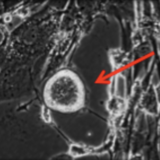
Research Group Ströbel
Glioblastom, pediatric brain tumors
Univ.-Prof. Dr. Thomas Ströbel
thomas.stroebel@meduniwien.ac.at
Research Focus:
- Causes of therapy resistance in glioblastomas
- New therapeutic approaches to limit migration of glioblastomas
- New therapeutic approaches for pediatric brain tumors
Research Group Voigtländer
Rare diseases
Assoc.-Prof. Priv.-Doz. Dr. Till Voigtländer
till.voigtlaender@meduniwien.ac.at
Administration:
- Bittencourt Ribeiro de Oliveira Priscila, BSc MA
priscila.bittencourtribeirodeoliveira@meduniwien.ac.at - Lei Pei
lei.pei@meduniwien.ac.at - Anna Renaud, Mag. MLS
anna.renaud@meduniwien.ac.at

Research Group Wöhrer
Neuroonkology, neuropathology, neuromolecular biology, GlioAge (Project)
Dr.inmed.univ et sci.med. Adelheid Wöhrer
adelheid.woehrer@meduniwien.ac.at
Doktorand:innen:
- Jana Breu
- Lisa Greutter
- Andreas Hainfellner (shared with Weningner lab)
- Dr.med.univ. Thomas Rötzer-Pejrimovsky (ÖAW doc recipient)
Diplomstudent:innen:
- Vivian Patrick Redl
Masterstudent:innen:
- Raphael Hangel, FH Technikum Wien
Bachelorstudent:innen:
- Yelyzaveta Miller-Michlits, Uni Wien
Alumni:
- Ali Al Hilou, MedUni Wien
- Baran Atli, MedUni Wien
- Martin Borkovec, LMU München
- Stefan Erben, HTL Hollabrunn
- Johanna Gesperger, BSc, MSc, PhD (shared with Baumann lab)
- Bernhard Hennebichler, FH Campus Wien
- Andreas Mattes, HTL Hollabrunn
- Anna Christina Moser, MedUni Wien
- Martina Muck, FH Technikum Wien
- Magdalena Neuhauser, MedUni Wien
- Florian Scherz, MedUni Wien
- Lukas Seebrecht, MedUni Wien
- Gloria Wilk, FH Campus Wien
Arbeitsschwerpunkte:
-
I am Principal Investigator and neuropathologist at the Division of Neuropathology and Neurochemistry. My research is focused on the deep phenotypic characterization of malignant brain tumors such as glioblastoma or primary CNS lymphoma. We typically study population-scale cohorts, which we recruit through a disease registry and the local neurobiobank, and bring together multiplatform imaging phenotypes with molecular tumor profiles. We are particularly interested in the longitudinal tumor evolution including clonal outgrowth as well as the unique environment of aging brains.
Keywords:
- Brain Neoplasm; Glioblastoma; Pathology; Multiplatform Imaging; Molecular biology
Funding:
- Decoding cellular senescence in glioblastoma, GlioAge (2021). Source of Funding: WWTF (Wiener Wissenschafts- Forschungs- und Technologiefonds) LS20-034. Principal Investigator
- Targeting clonal complexity in glioblastoma (2020). Source of Funding: FWF (Austrian Science Fund), TAI 98B. Principal Investigator
- Portrait of Primary CNS Lymphoma (2016). Source of Funding: OeNB (Oesterreichische Nationalbank), 16725. Principal Investigator
- Disease progression and treatment-induced alterations in glioblastoma (2014). Source of Funding: FWF (Austrian Science Fund), KLIF. Principal Investigator
